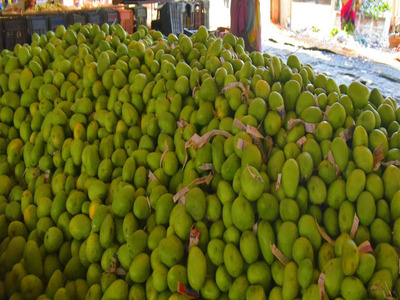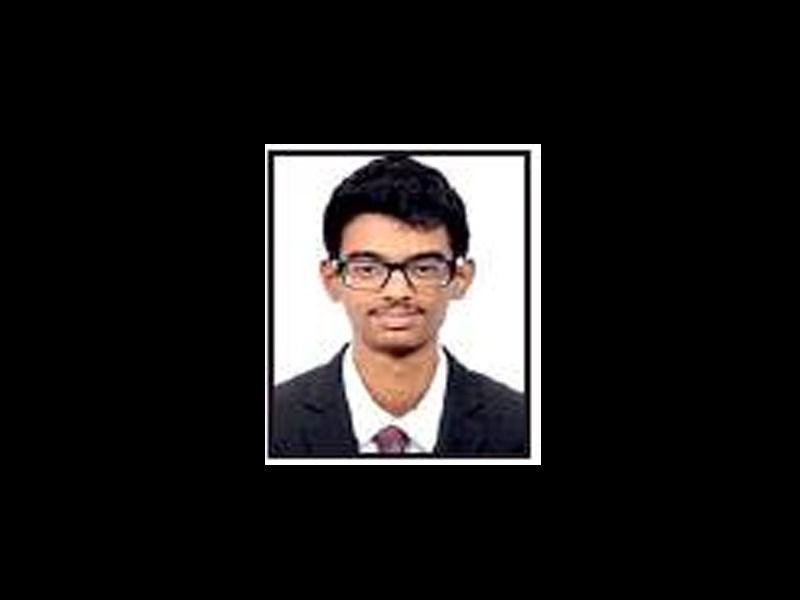
Mysuru:
Organic farming is no longer just a buzzword that inspires those living in cities to leave their highly lucrative and conventional, ‘Nine to five’ jobs and return to the roots, and till the soil to reap the dividends of their labour. Tucked away in a small village in Periyapatna taluk, a farmer couple has successfully managed to cultivate 15 different varieties of ladies using organic means.
With the help of the city-based NGO Sahaja Samrudha, farmer couple Shankar and Roopa have managed to harvest a rich yield of ladies finger crop – all 15 varieties are of Indian origin – on their half acre plot in Hittnehebbagilu village in Periyapatna taluk. The NGO had organised Field Day on May 17 to encourage farmers to grow indigenous varieties of vegetables.
The seeds of the many varieties of ladies finger and other vegetables have been collected by Sahaja Seeds, an organisation that has gathered them at crop and agriculture fairs held across the country. It was from Sahaja Seeds that Shankar and Roopa managed to get the seeds for their plot.
Star okra from Odisha, red bhindi from Puducherry, Sri bhindi from Sri Lanka, besides breeds local to Karnataka are among those that have been cultivated by Shankar and Roopa, in what was an experiment to see if different breeds of ladies finger could be grown under the same climactic conditions.
The farmer couple planted 30 seeds of each variety in single beds, and have managed to reap a rich yield, with each plant bearing at least 25 ladies finger, much to their delight.
“I have not used chemical fertilisers or pesticides in my plot. I used a type of organic pesticide called Jeevamrutha, which has earthworm compost as one of its ingredients. Compared to growing other vegetables, cultivating these Indian varieties of ladies finger did not require as much money. The seeds will be processed further,” Shankar told TOI.
Asha of Sahaja Seeds, said that on Field Day, farmers were shown a wide assortment of seeds of ladies finger. “Farmers, who had years of experience, selected those varieties that promised a good yield. Women from the village, meanwhile, prepared dishes using the ladies finger, and we held tasting sessions throughout the day. Farmers have already chosen what varieties they want to cultivate,” she told TOI.
Assistant professor at the College of Horticulture JS Aravind Kumar said, “Organic breeds are rich in nutritional value, when compared to other vegetables. In the coming days, through participatory varietal selection, more farmers in Periyapatna will be able to grow different breeds of vegetables. Lately, there is a lot of buzz around organic food and health consciousness, and demand for ‘Desi’ ladies finger will be high on the market.”
source: http://www.timesofindia.indiatimes.com / The Times of India / News> City News> Mysore News / May 24th, 2018





